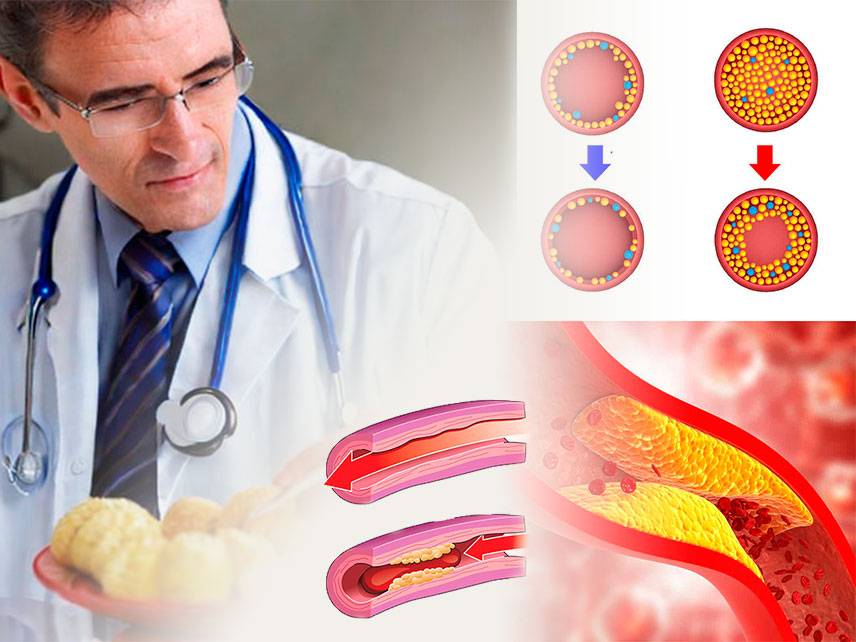High cholesterol is a health condition that occurs when there is too much cholesterol in the blood. Cholesterol is a waxy, fat-like substance found in the bloodstream and all the cells in the body. While cholesterol is essential to the body’s functioning, having too much can increase the risk of serious health conditions, including stroke, heart disease, and heart failure.
Signs and Symptoms
High cholesterol typically doesn’t cause symptoms, so it’s important to get regular cholesterol tests to check your levels.
Causes of High Cholesterol
High cholesterol can be caused by a variety of factors, including unhealthy lifestyle habits such as a lack of physical activity and a diet that is high in saturated fats and cholesterol, certain medical conditions such as diabetes, and certain genetic conditions.
Risk Factors
High cholesterol affects people of all ages, but some people are at a higher risk than others. Risk factors for high cholesterol include age, family history, diet, lifestyle, and certain medical conditions.
Prevention of High Cholesterol
Making healthy lifestyle changes can help to prevent high cholesterol. These changes include eating a balanced diet, exercising regularly, and avoiding smoking and excessive alcohol consumption.
Diagnosis
Cholesterol levels are typically measured with a simple blood test. If the results show that cholesterol levels are higher than normal, further tests may be needed to determine the cause of the high cholesterol.
Treatment of High Cholesterol
Treatment for high cholesterol typically involves lifestyle changes, such as eating a healthier diet, exercising regularly, and quitting smoking. In some cases, medications such as statins may be prescribed to help lower cholesterol levels.
What is the best treatment for high cholesterol?
-
The best treatment for high cholesterol is to lower your LDL cholesterol levels and raise your HDL cholesterol levels. You can do this by eating a healthy diet, exercising, and taking medication if necessary.
-
A healthy diet for lowering cholesterol includes eating plenty of fruits, vegetables, whole grains, and lean protein. You should also limit your saturated and trans fat intake.
-
Exercise is another important part of lowering your cholesterol. Aim for 30 minutes of moderate to vigorous exercise most days of the week.
-
Medication may be necessary for some people to reach their cholesterol goals. Common cholesterol-lowering medications include statins, niacin, and fibrates.
Coping and Support for High Cholesterol
Living with high cholesterol can be difficult, but there are ways to cope. It’s important to stay informed about cholesterol and the lifestyle changes that can help to manage it. It’s also important to seek support from friends, family, and healthcare providers.
Complications of High Cholesterol
Not treating high cholesterol can lead to serious health complications, including stroke, heart attack, and heart failure.
Living with High Cholesterol
Making lifestyle changes and following your doctor’s instructions can help to manage and even reverse high cholesterol. It’s important to stay informed, follow a healthy lifestyle, and seek support from friends, family, and healthcare providers.
High cholesterol can be a serious health condition, but with the right lifestyle changes and medical treatment, it can be managed and even reversed. By staying informed and making healthy lifestyle choices, you can help to prevent and manage high cholesterol.





